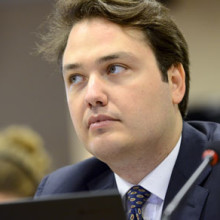
Robohub.org
Europe regulates robotics: Summer school brings together researchers and experts in robotics
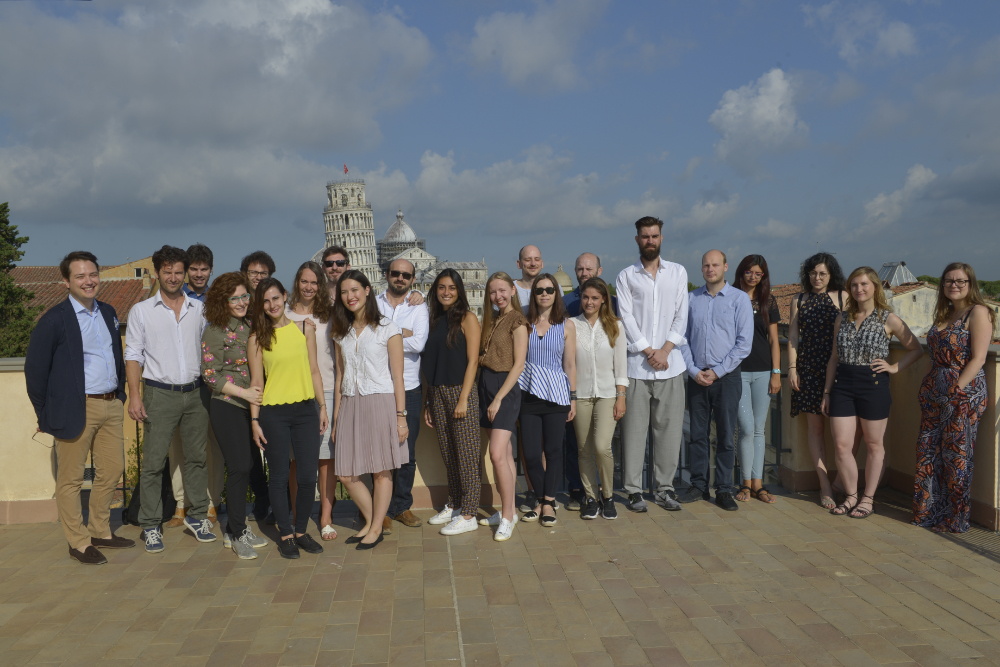
After a successful 2016 first edition, our next summer school cohort on The Regulation of Robotics in Europe: Legal, Ethical and Economic Implications will take place in Pisa at the Scuola Sant’Anna, from 3- 8 July.
When the Robolaw project came to an end – and we presented our results before the European Parliament – we clearly perceived that a leap was needed not only in some approaches to regulation but also in the way social scientists, as well as engineers, are trained.
Indeed, in order to undergo technical analysis in law and robotics, without being lured into science fiction, an adequate understanding of the peculiarities of the systems being studied is required. A bottom-up approach, like the one adopted by Robolaw and its guidelines, is essential.
Social scientists, and lawyers in particular, often lack such knowledge and thus tend to either make unreasonable assumptions – of technological developments that are farfetched or simply unrealistic – or misperceive what the pivoting point in the analysis is going to be. The notion of autonomy is a fitting example. The consequence, however, is not simply bad scientific literature, but potentially inadequate policies being developed, thence wrong decision – even legislative ones – being adopted, impacting research and development of new applications, while overlooking relevant issues and impairments.
Similarly, engineers working in robotics are often confronted with philosophical and legal debates involving the devices they research that they are not always equipped to understand. Those debates are instead precious for they allow to identify societal concerns and expectations that can be used to orient research strategically, and engineers ought also participate and have a say.
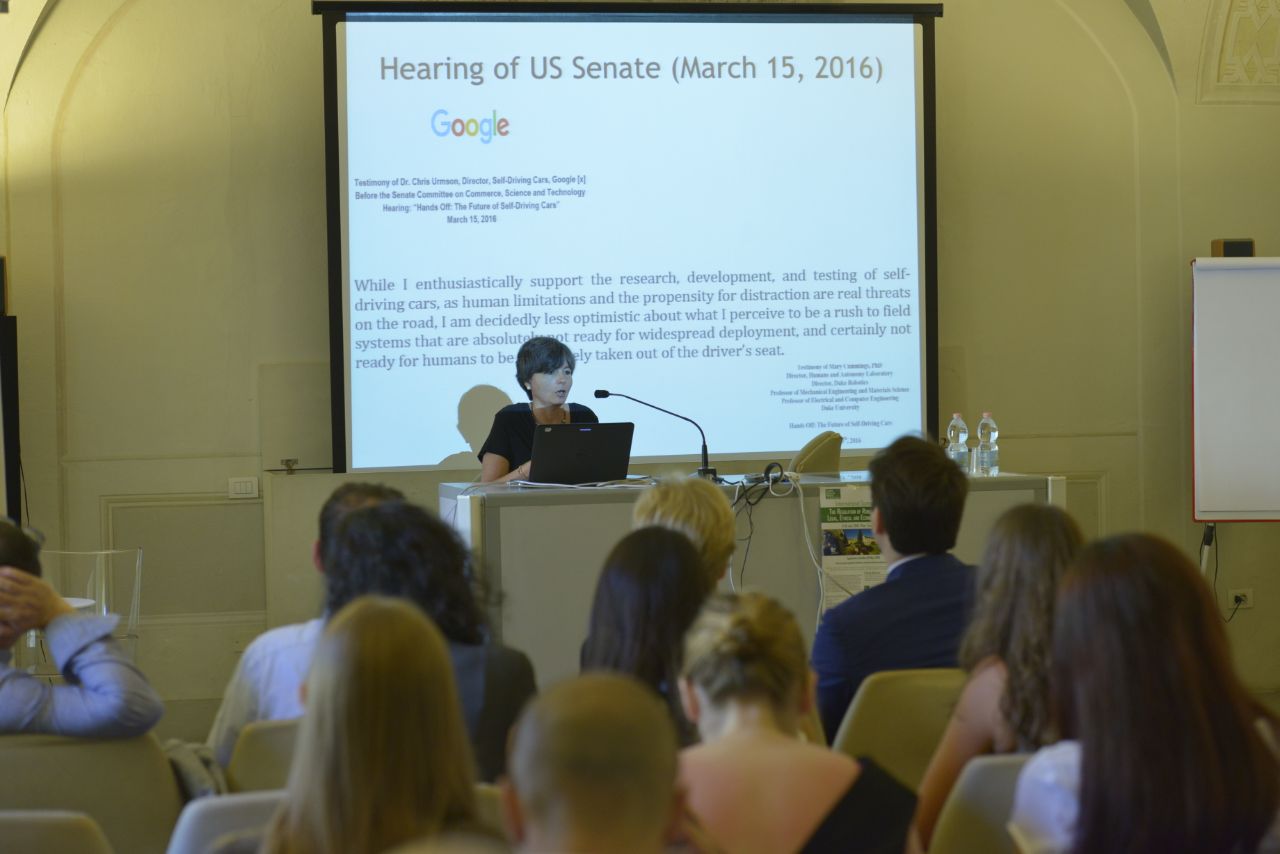
Ultimately, it is everybody’s interest to better address existing and emerging needs, fulfilling desires and avoiding eliciting – often ungrounded – fears. This is what the European Union understands as Responsible Research and Innovation, but it also the prerequisite for the diffusion of new applications in society and the emergence of a sound robotic industry. Moreover, the current tendency in EU regulation favouring by design approaches – whereby privacy or other rights need to be enforced through the very functioning of the device – require technicians to consider such concerns early on, during the development phase of their products.
A common language needs thus be created, to avoid a babel-tower effect, that preserves each one’s peculiarities and specificities, yet allowing close cooperation.
A multidisciplinary approach, grounded in philosophy – ethics in particular –, law – and law and economics methodologies – economics and innovation management, and engineering is required.
With that idea in mind, we competed and won a Jean Monnet grant – a prestigious funding action of the EU Commission, mainly directed towards the promotion of education and teaching activities – with a project titled: Europe Regulates Robotics and organized the first edition of the Summer School The Regulation of Robotics in Europe: Legal, Ethical and Economic Implications in 2016.
The opening event of the Summer School saw the participation of MEP (Member of the EU Parliament) Mady Delvaux-Stehres, who presented what was then the draft recommendation – now approved – of the EU Parliament on the Civil Law Rules of Robotics, Mihalis Kritikos – a Policy Analyst of the Parliament –, who personally contributed to the drafting of that document, Maria Chiara Carrozza – former Italian minister of University Education and Research, professor of robotics and member of the Italian Senate – discussing Italian political initiatives. We also had entrepreneurs, such as Roberto Valleggi, and engineers coming from the industry, such as Arturo Baroncelli – from Comau – and academia, Fabio Bonsignorio, who also taught the course.
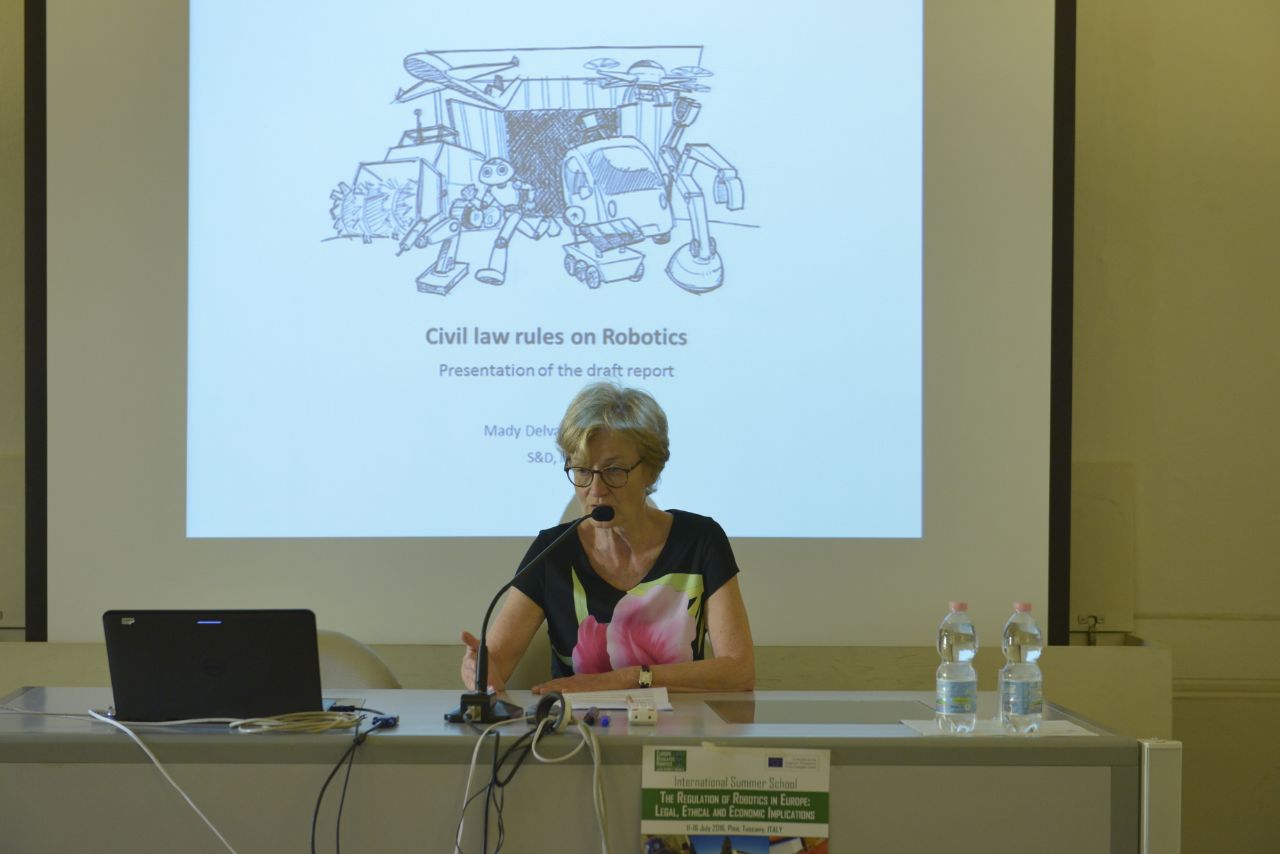
Classes dealt with methodologies – the Robolaw approach – notions of autonomy, liability – and different liability models – privacy, benchmarking and robot design, machine ethics and human enhancement through technology, innovation management and technology assessment. Students also had the chance to visit the Biorobotics Institute laboratories in Pontedera (directed by Prof. Paolo Dario) and see many different applications and research being carried out, directly explained by the people who work on them.
The most impressive part was, however, our class. We managed to put together a truly international group of young and bright minds, many of which already enrolled in a PhD program – in law, philosophy, engineering and management – coming from Universities such as Edinburgh, London School of Economics, Sorbonne, Cambridge, Vienna, Bologna, Suor Orsola, Bicocca, Milan, Hannover, Pisa, Pavia and Freiburg. Other came from prominent European robotic industries, were practitioners, entrepreneurs, policy makers from EU institutions.
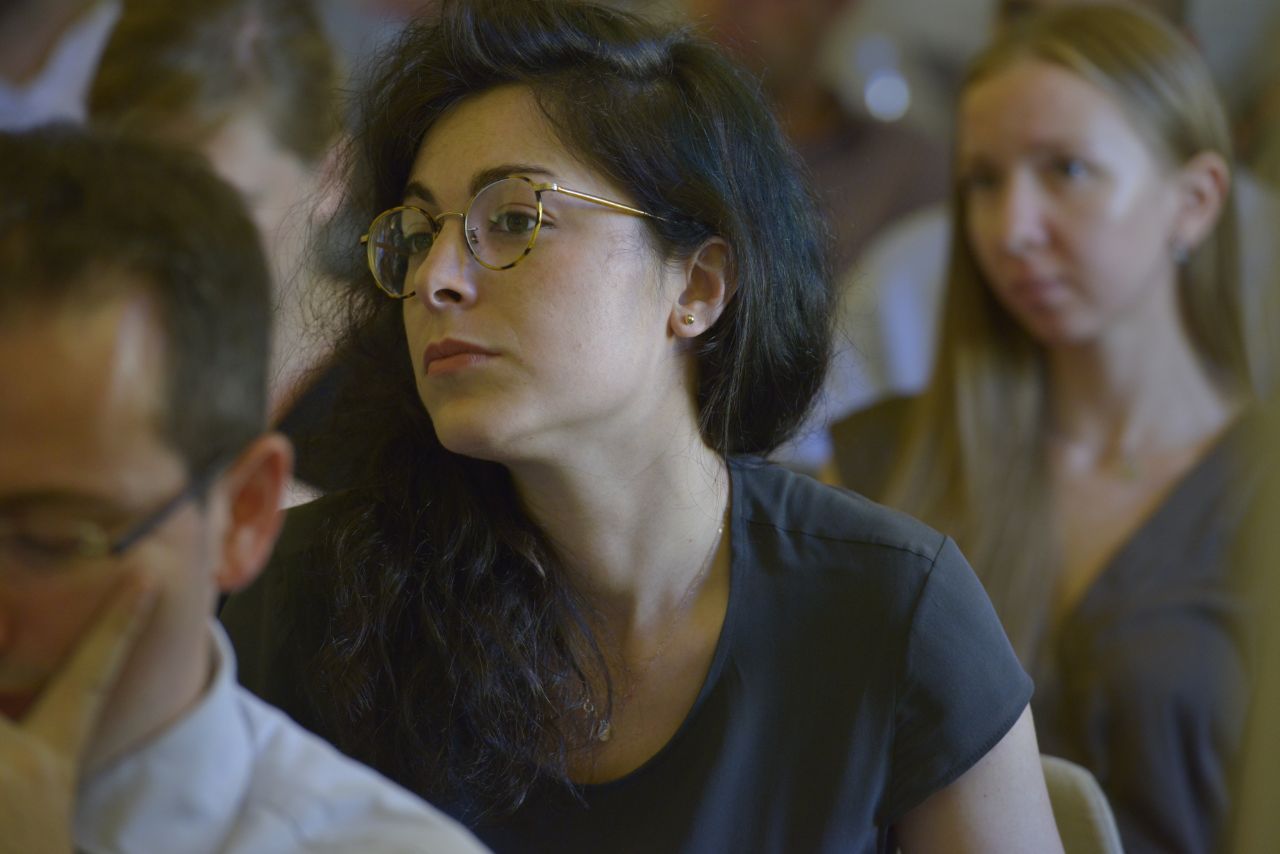
At the end of the Summer School, some presented their research on a broad set of extremely interesting topics, such as driverless car liability and innovation management, machine ethics and the trolley problem, anthrobotics and decision-making in natural and artificial systems.
We had vivid in class debates. A true community was created that is still in contact today. Five of our students actively participated in the 2017 European Robotics Forum in Edinburgh and more are working and publishing on such matters.
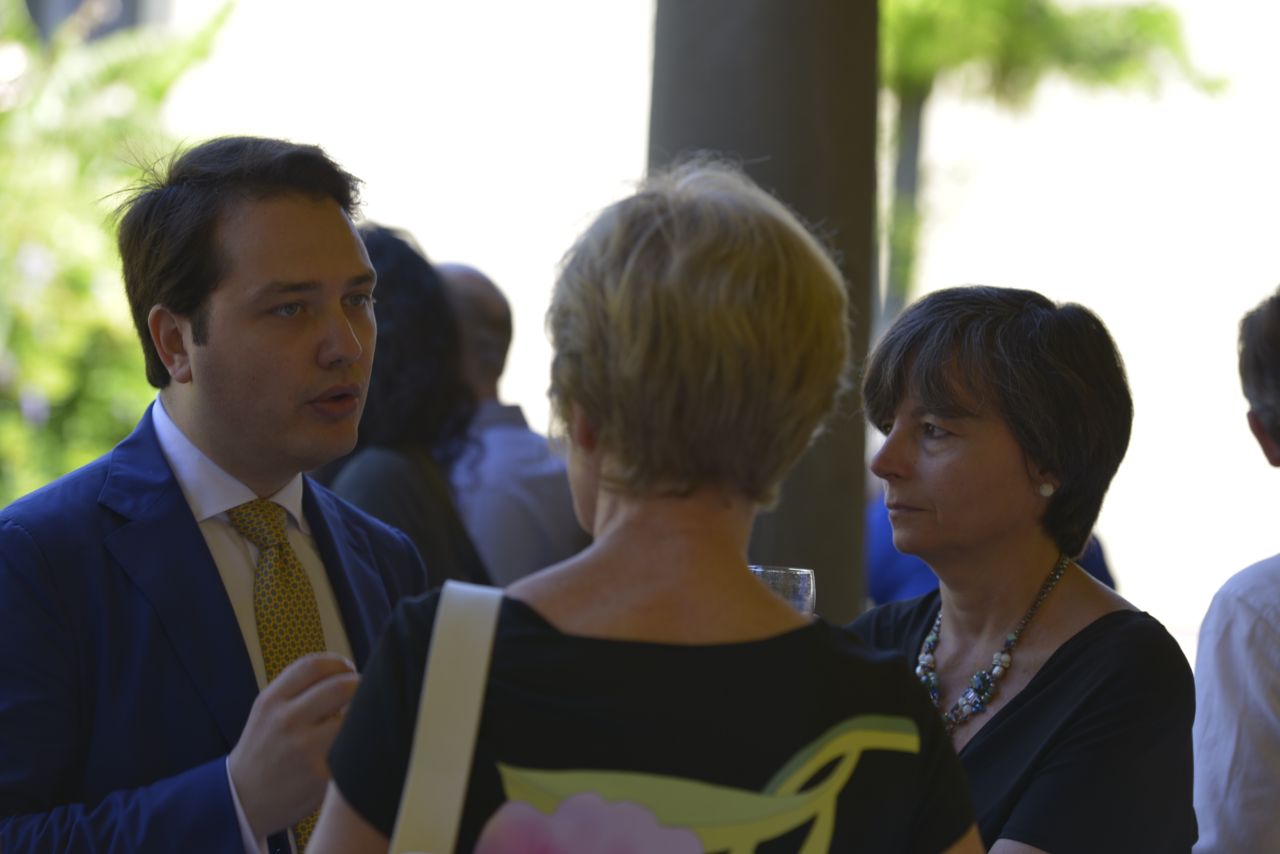
We can say we truly achieved our goal! However, the challenge has just begun. We want to reach out to more people and replicate this successful initiative. A second edition of the Summer School will take place again this year in Pisa at the Scuola Sant’Anna from July 3rd to 8th and we are accepting applications until June 7th.
I am certain we will manage again to put together an incredible group of individuals, and I can’t wait to meet our new class. On our side, we are preparing a lot of interesting surprises for them, including the participation of policy makers involved in the regulation of robotics at EU level to provide a first-hand look at what is happening in the EU.
More information about the summer school can be found on our website here.
Registration to the summer school can be found here.
tags: c-Politics-Law-Society, RoboLaw
